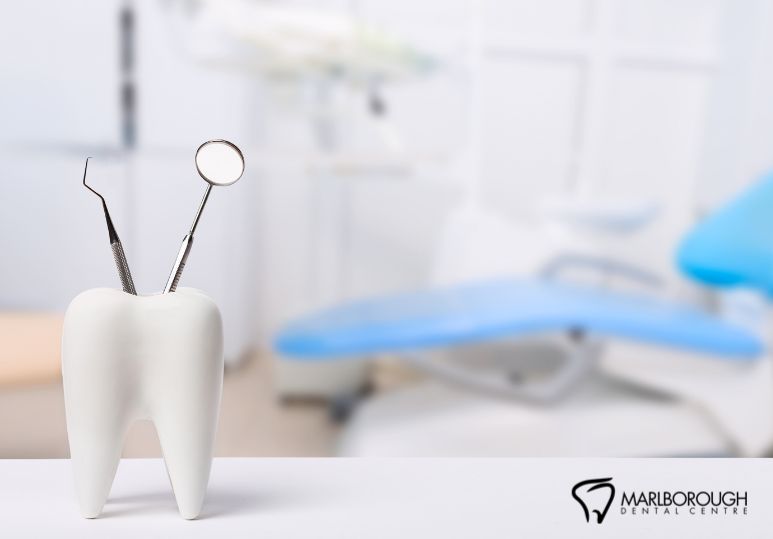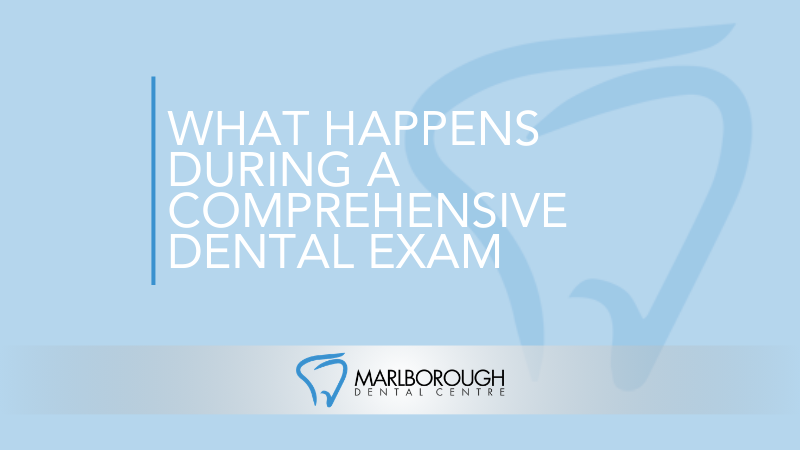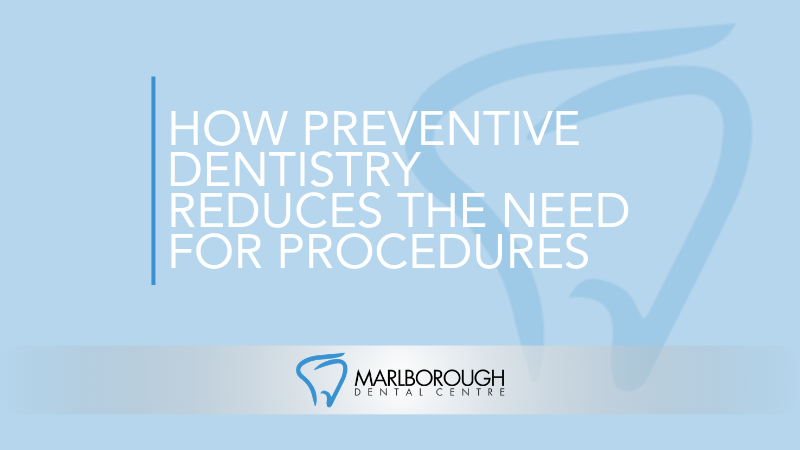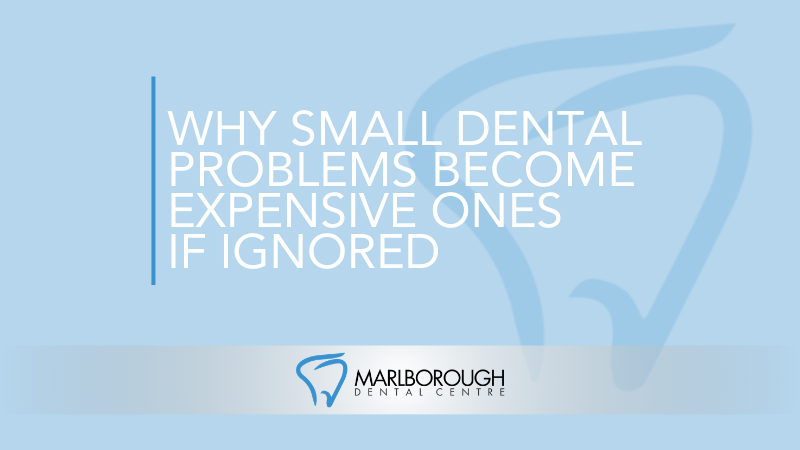In the realm of oral health, there's an unspoken agreement that our teeth often steal the limelight. Those pearly whites, when flashed in a hearty laugh or a candid photo, often become a source of pride and confidence. However, the unsung heroes that play a significant role in our overall oral well-being are the gums. When gums falter, they not only affect the health of our teeth but also impart considerable distress and discomfort.
Gum disease, medically known as periodontal disease, is a condition that affects a significant number of adults globally. Often sneaking up silently, its initial symptoms might be easy to dismiss: slightly puffed-up gums, a tinge of pink in the toothpaste froth, or a tenderness that wasn't there before. Yet, if left unchecked, it can lead to painful conditions, tooth loss, and has even been linked to heart disease. This is where the indispensable role of regular dental exams comes into play in managing and even preventing gum disease.
Early Detection
One of the first ways dental exams play a pivotal role is through early detection. Periodontal disease starts as gingivitis, a mild form of gum inflammation. A routine dental check-up can identify these early signs, which might be imperceptible to an untrained eye. When caught at this stage, with a dentist's guidance and improved oral hygiene, gingivitis can be reversed, warding off more severe forms of gum disease.
Regular Cleaning
Beyond just detection, dental exams serve as a preventive measure. Plaque, a soft, sticky film of bacteria, accumulates on our teeth daily. Over time, if not adequately cleaned, it hardens into tartar, a breeding ground for the bacteria that instigates gum disease. Regular dental cleanings, a part of most dental exams, ensure the removal of tartar, which is notoriously difficult to get rid of with regular brushing and flossing. This preventive step can significantly decrease the chances of gum disease making a home in your mouth.
Individual Oral Health
Furthermore, a dental exam provides an opportunity for personalized guidance tailored to an individual's oral health situation. For someone prone to gum issues due to factors like smoking, misaligned teeth, or a family history of dental problems, a dentist can offer specific advice. This might include recommending anti-gingivitis toothpastes, mouthwashes, or specific cleaning techniques. With this customized advice, individuals are equipped with tools and knowledge, directly targeting their unique vulnerabilities.
Planning a Course of Action
Lastly, in cases where gum disease has progressed beyond the initial stages, a dental exam is crucial for understanding the extent of the damage and planning a course of action. Advanced gum disease can cause gum recession, create pockets between teeth and gums, and lead to tooth loss. With the help of detailed dental examinations, which may include X-rays, dentists can gauge the severity of the condition. This allows them to advise on treatments, which might range from deep cleaning procedures like scaling and root planing to more intensive surgical interventions.
Concluding our journey through the intertwined paths of dental exams and gum health, a few truths become abundantly clear. While our daily brushing and flossing rituals are the first line of defense, they are but a part of a holistic approach to gum health. Regular dental exams emerge not just as a routine but as an essential pillar supporting the grand architecture of oral well-being. They are the checkpoints that ensure minor issues don't evolve into major problems. They serve as preventive barriers, early warning systems, personalized guidance forums, and even as rescue missions for advanced conditions.
To keep our gums, those unsung heroes, in prime condition, let's prioritize dental exams. They are the bridge between the care we provide at home and the expertise that only professionals can offer. And remember, in the fight against gum disease, being proactive rather than reactive can make all the difference.
Written on behalf of Marlborough Dental Centre.
FAQS
Q: What causes plaque accumulation on teeth?
A: Plaque forms from bacteria in the mouth combining with sugars from foods and drinks, producing a sticky film that adheres to teeth.
Q: Are there signs of gum disease I should look out for?
A: Symptoms include red, swollen or tender gums, gums that bleed during brushing or flossing, persistent bad breath, and receding gums.
Q: If I have gum disease, will I definitely lose my teeth?
A: Not necessarily. With early detection, appropriate treatment, and good oral care, many people with gum disease retain their teeth for a lifetime.




